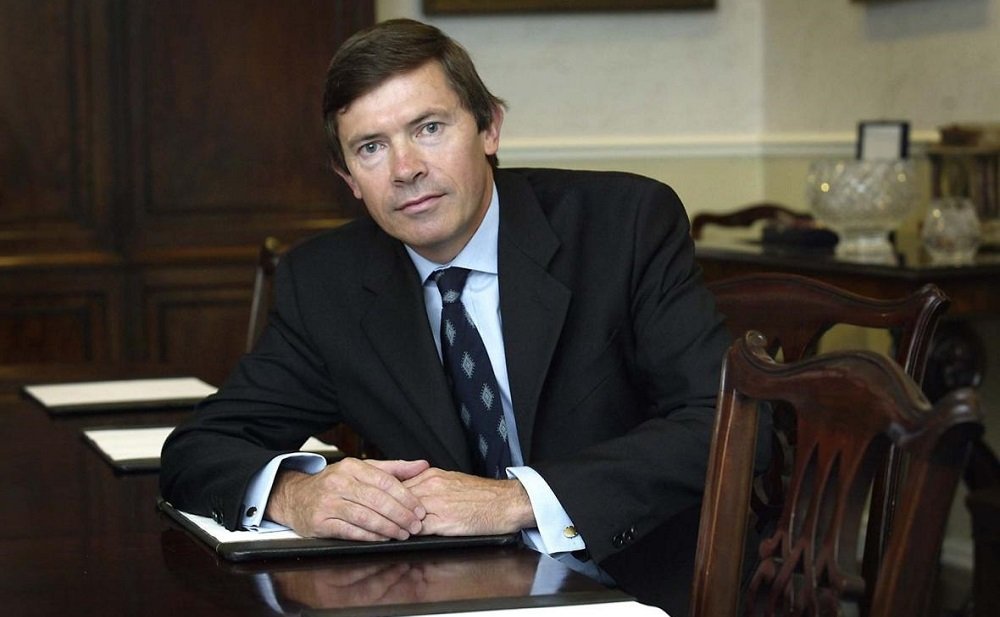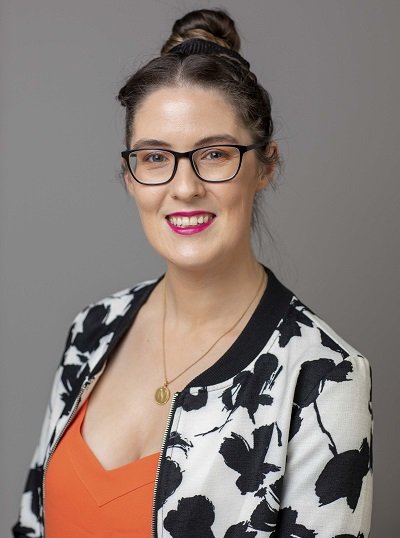The Longest Year is 360’s 2020 review series. From now until Christmas, the leadership team will be looking back at the most impactful communications moments and trends from a year of profound change and challenge. Visit the Longest Year hub to read more.
It is not without a certain degree of irony that my reflection on the year that was is about baking bread. It has been just over a decade since the once behemoth bakery food group Aryzta AG was formed, and last month marked the end of another sorry chapter in the chronicles of the company. Narnia, readers, this is not.
For what was once arguably one of the most powerful bakery food groups in the world—not to mention a roaring Irish success story—it is incredible to think that it is still probably only known in these parts for its Cuisine de France business.
This acquisition in 1997, questioned by many at the time, turned out to be the catalyst that pushed a struggling feed and fertiliser business onto the main stage where, at its peak, it generated an eye-watering €5 billion in annual turnover.
Starter culture
Owen Killian is largely credited with transforming the the Irish Agriculture Wholesale Society (IAWS) into a global powerhouse, starting with the acquisition of Cuisine de France.
A notoriously private man, Killian was unashamedly shrewd and forward-thinking in business, and possessed of an uncanny ability to spot nascent (and lucrative) consumer trends. He drove the transformation at IAWS that introduced Ireland to par-baked breads and, in doing so, changed convenience retailing forevermore.
The success of the Cuisine deal led to further smart acquisitions in bakery and ultimately teed Killian up for his next major play: the merger with Swiss food group Hiestand. From this, in 2008, Aryzta was born.
In the intervening years, with Killian at the helm, Aryzta became a tour de force, building a portfolio of premium and market-leading brands, as well as partnerships with some of the biggest names in foodservice and food retail.
In 2014, Irish Times journalist Eoin Burke-Kennedy secured a rare interview with Killian, his first in some 11 years. One of the most memorable sequences is a story Killian recalls, which gives a striking insight into what drives him:
“On the flight to Dublin, Killian was reading an article in the Financial Times about the great Toyota recall. Its chairman was quoted as saying the company was in danger of entering the final stage of corporate decline – ‘irrelevance or death’. He was quoting from the latest book by Jim Collins, How the Mighty Fall.
“Killian recalls being transfixed by the notion. Not only did it crystallise the challenge facing Aryzta, it reflected, in his view, a perennial truth about business, centred on the idea of relevance. Upon arriving in Dublin, he took a taxi straight to Hodges Figgis, bought the book, and read it in a state of nervous agitation.
“The 61-year-old admits to being driven by a paranoia ever since – ‘a paranoia about becoming irrelevant’.”
There are two other standouts from this interview. The first is where Killian describes how being a publicly quoted company puts a focus on future growth rather than on past performance; the second is where he describes the pressure of success in business and it leading to more expectations. “There’s nowhere to hide in a business,” he says.
Indeed, there is little mention of the past at Aryzta. A quick visit to the website leaves the reader none the clearer to the business story, the evolution, the vision, the values, or the strategy. It is as opaque in its narrative as Killian and Aryzta’s communication with stakeholders, investors, and shareholders became increasingly criticised of.

Baking bad
There are many ways to lead, and there are many types of leaders. Not everyone is born to stand in the spotlight, but that does not make them a bad leader. However, a leader is nothing if they cannot bring people on the journey with them—and how can you expect people to follow if they do not know where they are going?
As it entered 2015, the Aryzta story became more like a ‘choose your own adventure’ book, where seemingly every interested party took on the role of the protagonist and assumed the choices that the main character would make before drawing their own conclusion as to how it would all end. Without a shared vision or a communicated direction, people began to lose confidence in Aryzta and its leaders.
In what we can assume was part of a strategy to continue to evolve and transform, suddenly Killian’s Midas touch was lost to growing concerns about his acquisition strategies.
One of the greatest unanswered questions is surely why Aryzta decided to purchase a minority stake in Picard, a high-end frozen food chain, when it had just a few months previously signalled an intention to offload its non-core, non-bakery businesses. Was acquiring Picard Killian’s attempt to boldly go where no bakery had gone before? No one, not least its shareholders, seemed to know, or understand.
Where answers are not sufficiently provided, then trust is lost. Once gone, it is an uphill battle to recover; Killian never did. By this time, Aryzta, once the darling of investors and shareholders, now found itself at the centre of an increasingly negative news cycle with no way out. By not communicating proactively, the company struggled to get on the front foot.
The unfortunate reality is that as uncomfortable as communicating can sometimes be, there will always be plenty of others lining up to write your story if you are not willing to.
Crunch time
With Killian’s departure and new CEO Kevin Toland’s arrival in 2017 came a whisper of optimism. The doors were opened to media again. There was a new willingness to talk. In his communications, Toland spoke about recovery and restoring relationships.
The new management team set about putting a strategy in place, Project Renew, that would shore up some of the legacy issues and become a platform from which to build a more open dialogue with stakeholders.
As a strategy and marketing man, I would like to think that Toland saw a role and a value for communication in not only restoring trust in the business but in realising his ambition and vision for Aryzta. Unfortunately, we will never know—Toland resigned with immediate effect last month. Perhaps we will only feel the true impact of his stewardship in time.
Following the announcement of Toland’s departure, I exchanged messages with someone with a shared interest in this story. They were there in the IAWS days and had stayed the course into Toland’s tenure.
Rather than try once more to untangle the politics—worse than Christmas lights, one could argue—they instead lamented the past. Who is left to remember the iconic IAWS headquarters on Thomas Street or the hum of the bakery in Tallaght? Who remembers those early days of unbridled ambition, passion, and the drive for success?
Aryzta is due to hold its annual general meeting on 15 December. The Irish directors are all gone. One can only now wonder what will become of the little Irish bakery that could.

About the author
Nuala believes that every brand has an important story to tell. With a background in journalism, she works with businesses and organisations to find their distinct voice, ground it in a carefully considered strategy and tactical execution plan, and successfully communicate a compelling narrative to both internal and external audiences. In Nuala’s work, creativity is non-negotiable.
Cover photo credit: Mark Condren
